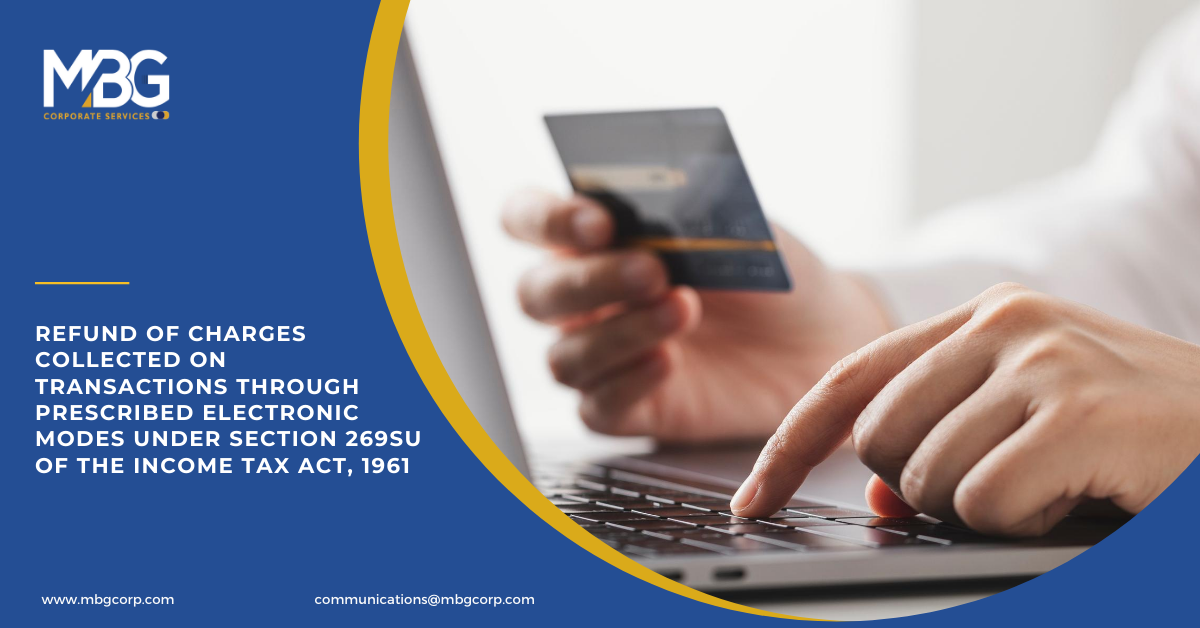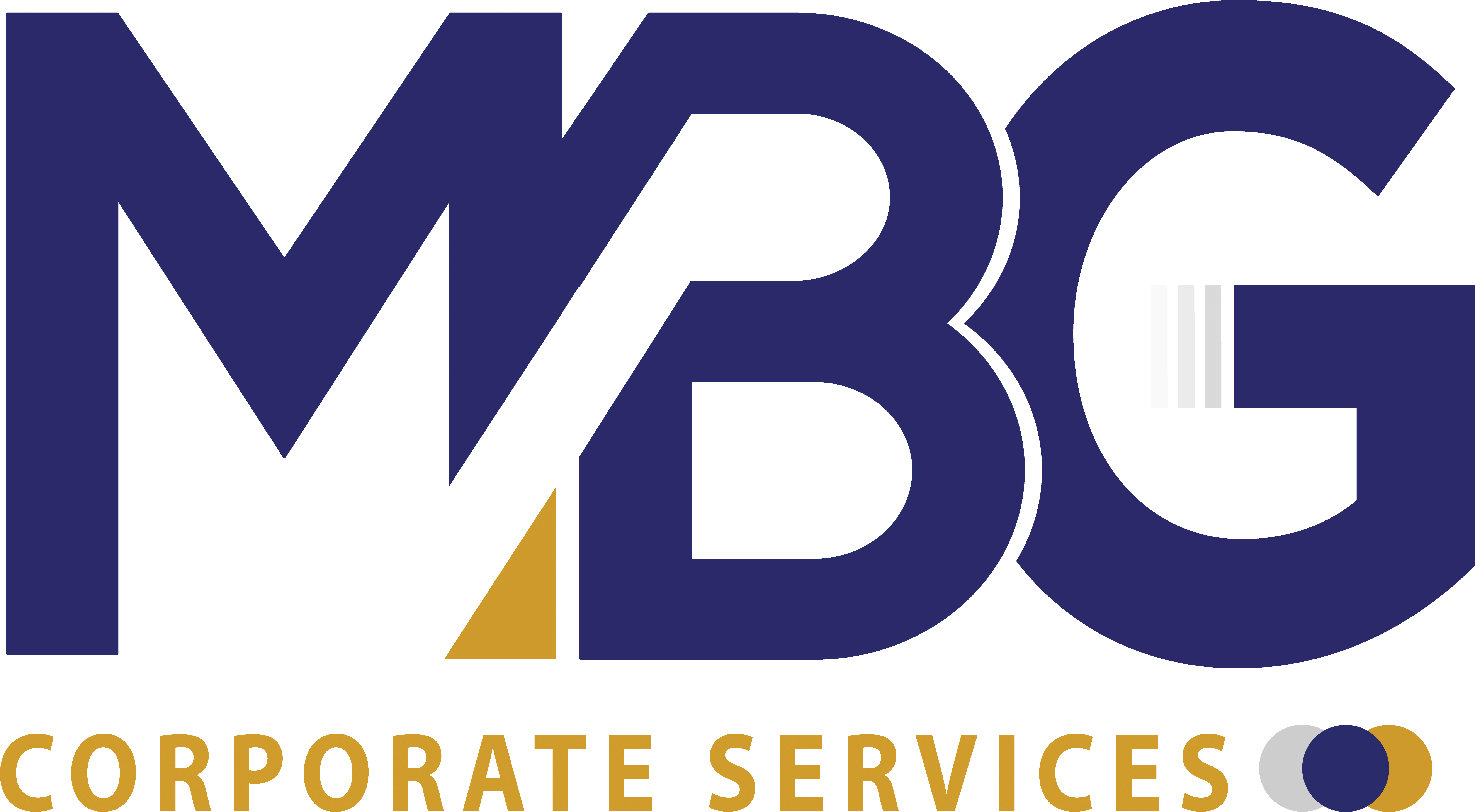Refund of Charges Collected on Transactions through Prescribed Electronic Modes under Section 269SU of the Income Tax Act, 1961

To encourage digitalization and to promote its motive of cash-less economy, the Finance (No. 2) Act, 2019 has introduced Section 269SU of the Income Tax Act, 1961 (ITA) which requires every person having turnover or gross receipts from business exceeding INR 500 million during immediately preceding previous year, to have facility for accepting payments through prescribed electronic modes such as (i) Debit Card powered by RuPay (ii) Unified Payments Interface (UPI) (BHIM-UPI) (iii) Unified Payments Interface Quick Response Code (UPI QR Code) (BHIM-UPI QR Code), in addition to other electronic modes of payment.
In this regard, a new provision was introduced under Section 10A in Payment and Settlement System Act, 2007 (PSSA), which provided that no bank or system shall impose any charges on payer making such payments, or beneficiary receiving payments, through such electronic modes prescribed under section 269SU of the ITA.
Further, basis representations some banks are imposing and collecting charges on transactions carried out through UPI, which amounts to breach of the provisions of Section 269SU under the ITA and Section 10A of the PSSA, and such breach attracts the penalty under the ITA and the PSSA.
In this regard, Central Board of Direct Taxes (CBDT) has issued the Circular No. 16/2020 dated August 30, 2020, wherein CBDT has advised the banks to immediately refund the charges collected, if any, on or after January 1, 2020 on transaction carried out using the prescribed electronic modes and not to impose charges on any future transactions carried out through said prescribed electronic modes under Section 269SU of the ITA.
Tag: Direct tax


